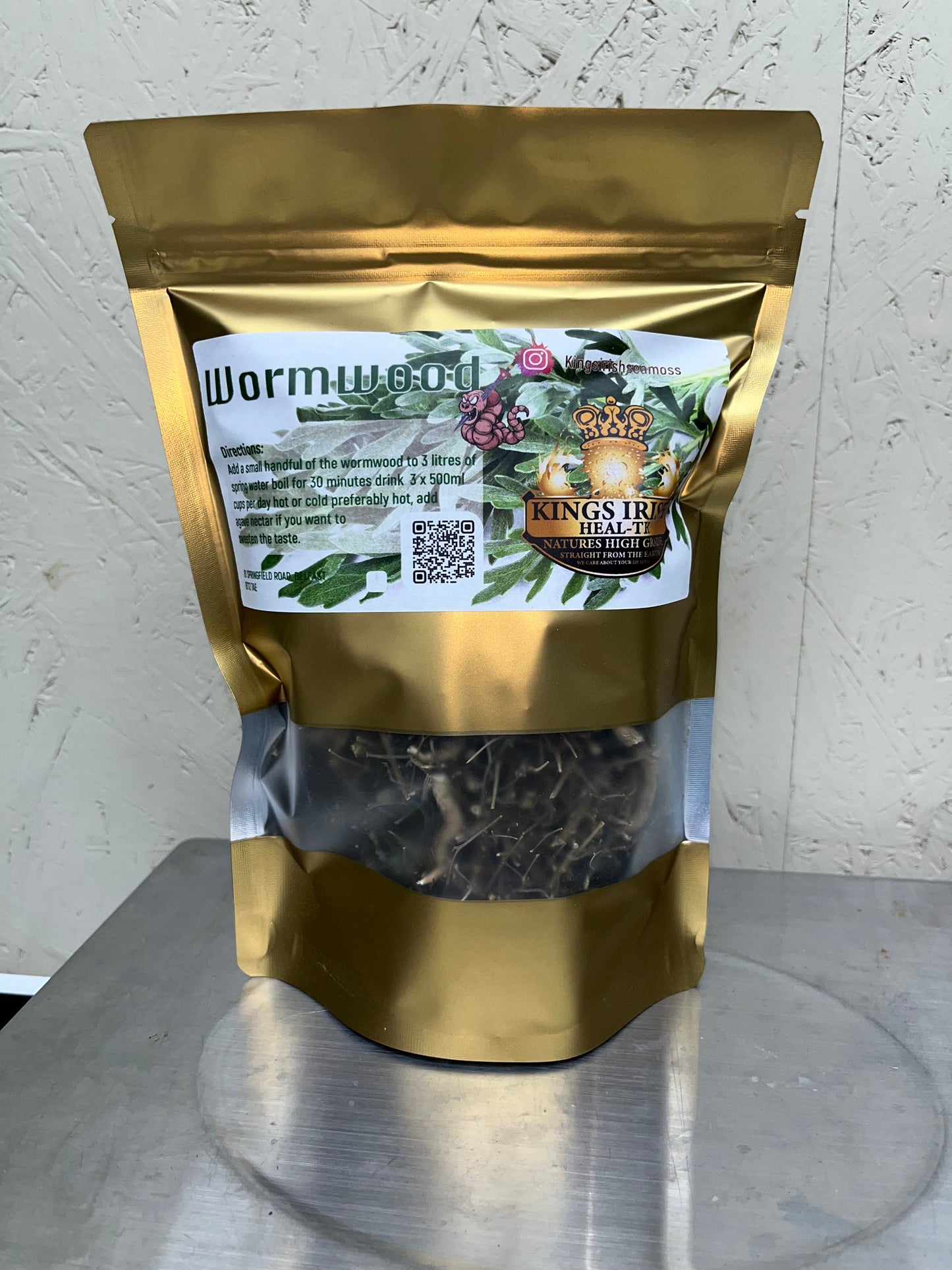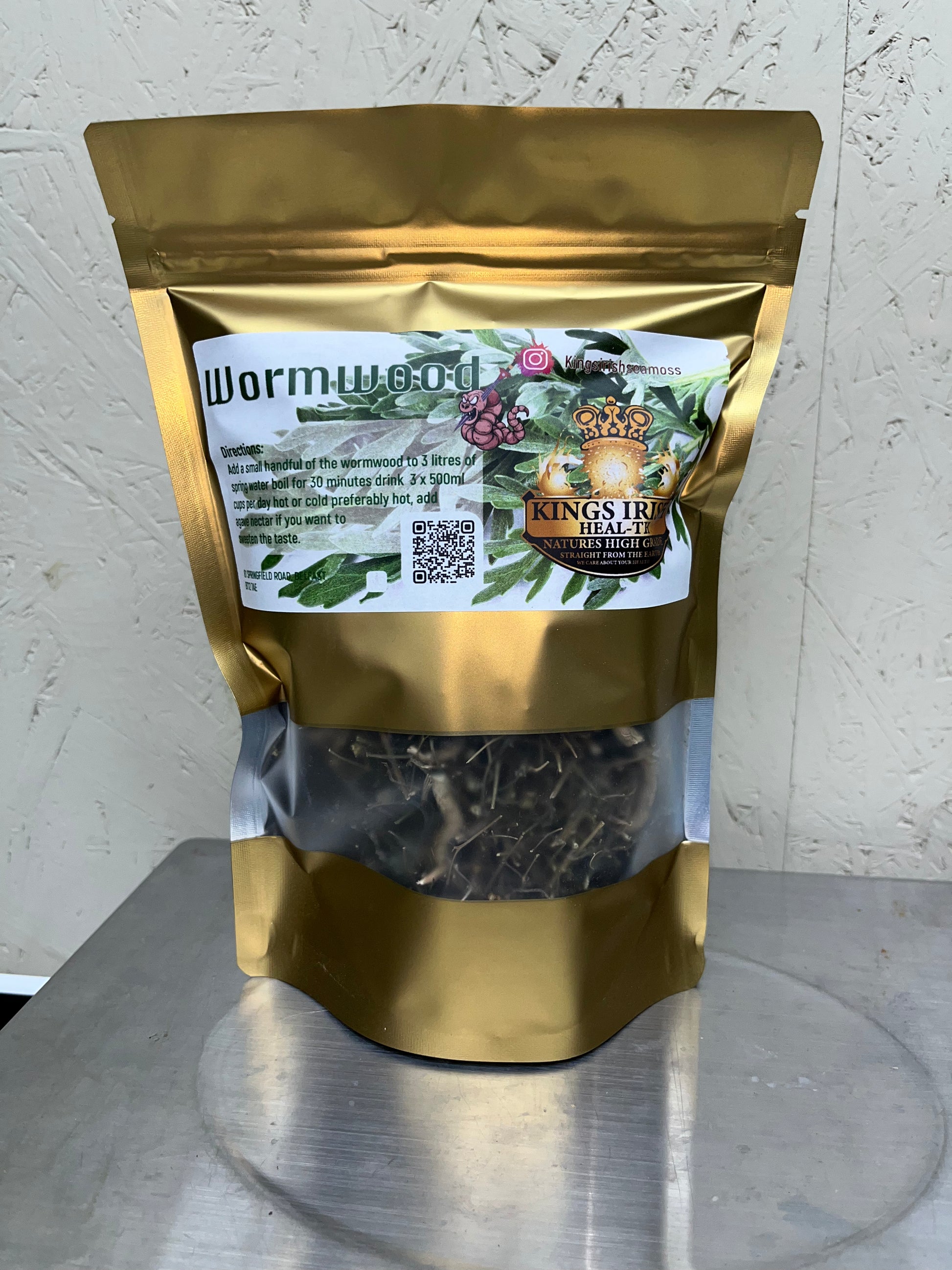Wormwood
Wormwood
Couldn't load pickup availability
Wormwood (Artemisia absinthium) is a bitter herb that has been used for centuries in traditional medicine, particularly in Europe and Asia. It’s most famous as the source of the liqueur absinthe, but in herbal medicine it has various uses. Here are the main benefits and potential uses of wormwood:
Health Benefits of Wormwood
-
Digestive Health
-
Stimulates appetite and digestion.
-
Increases production of digestive enzymes and bile.
-
Traditionally used for indigestion, bloating, and loss of appetite.
-
-
Anti-parasitic Properties
-
Known for its ability to help expel intestinal worms (especially roundworms and pinworms).
-
Often included in herbal parasite cleanses.
-
-
Anti-microbial and Anti-fungal Effects
-
Contains compounds (like thujone and flavonoids) that may fight bacteria, fungi, and certain parasites.
-
Traditionally used to cleanse infections.
-
-
Liver and Gallbladder Support
-
Stimulates bile flow, which may support liver detoxification and gallbladder function.
-
Helps the body process fats more efficiently.
-
-
Anti-inflammatory Effects
-
Wormwood extract may help reduce inflammation, particularly in conditions like arthritis.
-
Some studies suggest benefits in easing pain and swelling.
-
-
Potential Role in Malaria Treatment
-
Related species (Artemisia annua) contain artemisinin, a compound used in modern malaria treatment.
-
Wormwood itself has been studied for possible anti-malarial effects.
-
-
Menstrual Health
-
Traditionally used to help regulate menstruation and ease menstrual cramps.
-
Precautions & Side Effects
-
Thujone content: In large amounts, wormwood can be toxic (causing seizures, kidney failure, or nervous system issues).
-
Should not be used during pregnancy or breastfeeding (can stimulate uterine contractions).
-
Long-term or high-dose use is unsafe.
-
Can interact with medications (especially seizure drugs, anticoagulants, or those affecting the liver).
Share


